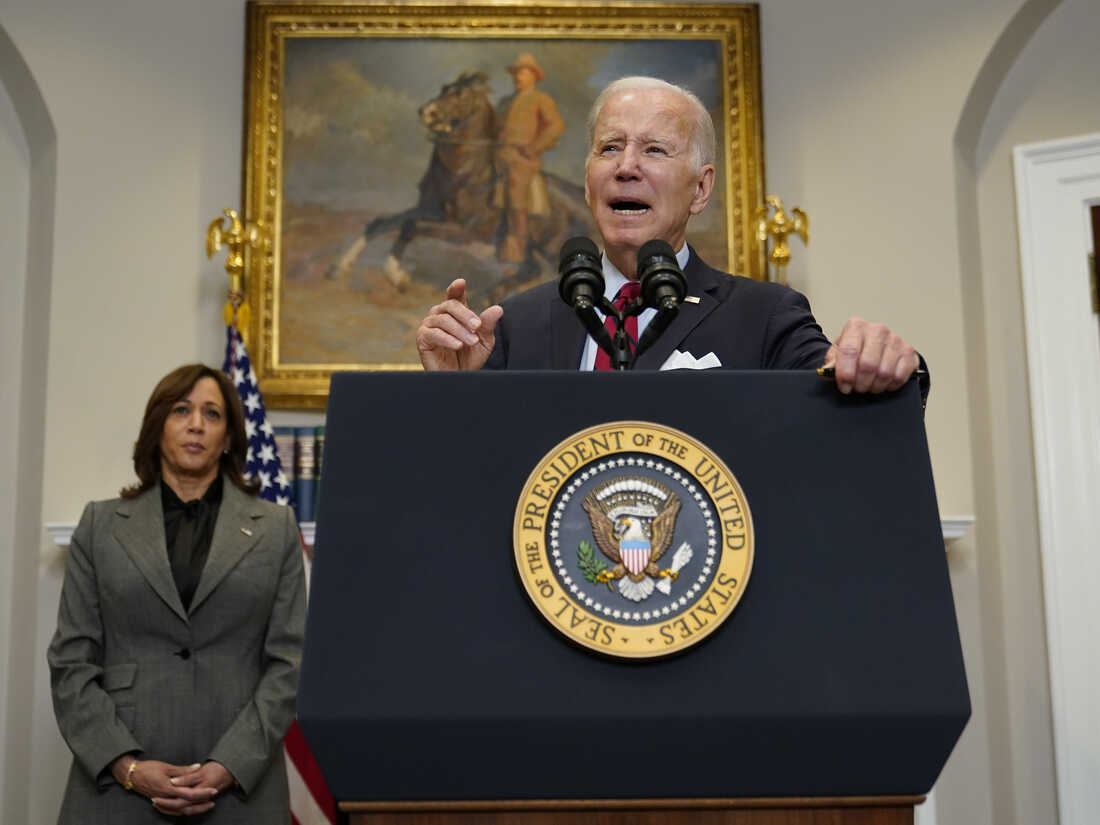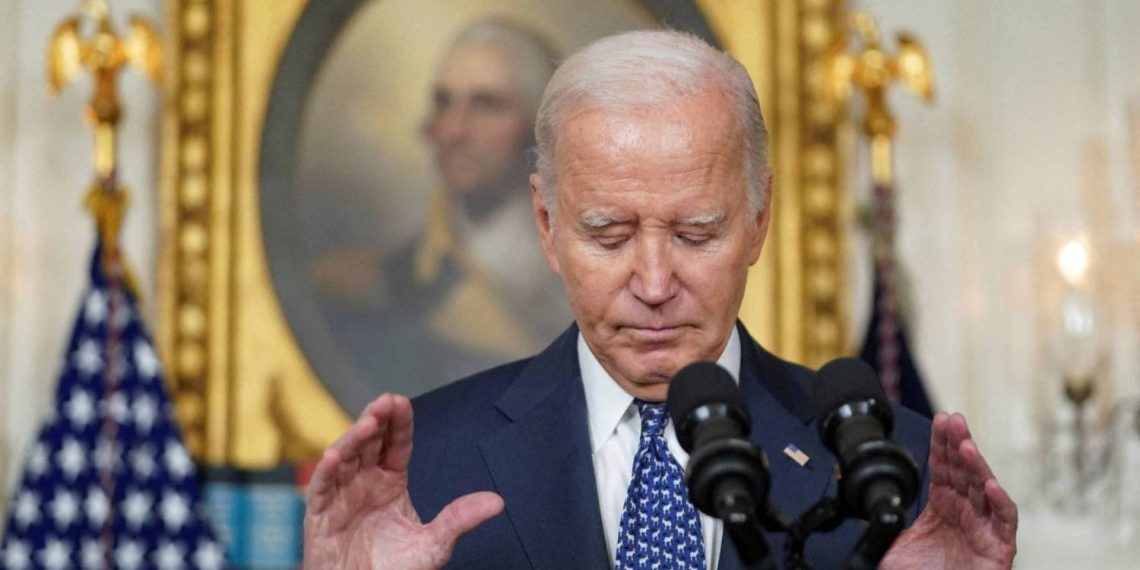President Biden‘s administration is considering a contentious proposal to relocate Palestinians from Gaza to the US, stirring widespread debate and concern.
The plan revealed in a CBS News report, entails admitting Gazans with ties to US citizens or permanent residents, regardless of Hamas affiliation, without securing the release of American hostages held by the group.
Critics highlight the inherent security risks, as the majority of Gazans support Hamas actions, as indicated by a recent poll.

This sentiment fuels apprehension among Arab nations, including Egypt, Syria, Jordan, and Saudi Arabia, fearing potential terrorist infiltration and destabilization.
Former President Trump has advocated for barring Gaza refugees, in stark contrast to Biden’s stance. Security concerns are exacerbated by Biden’s open-border policies, raising national security implications.
However, House Republicans remain divided on the issue, impeding a cohesive response to Biden’s proposal.
While some Republicans, including former President Trump, vehemently oppose the plan, others are less vocal in their opposition.
The success of Biden’s plan hinges on thorough vetting processes to mitigate security risks and prevent potential terrorist infiltration.

Yet, doubts persist about the administration’s ability to effectively screen refugees for Hamas affiliations and extremist ideologies.
Amid escalating tensions and security threats, Biden’s proposal faces mounting scrutiny and calls for reconsideration.
The potential ramifications of resettling Gaza refugees in the US are profound, with implications for national security and foreign relations.





